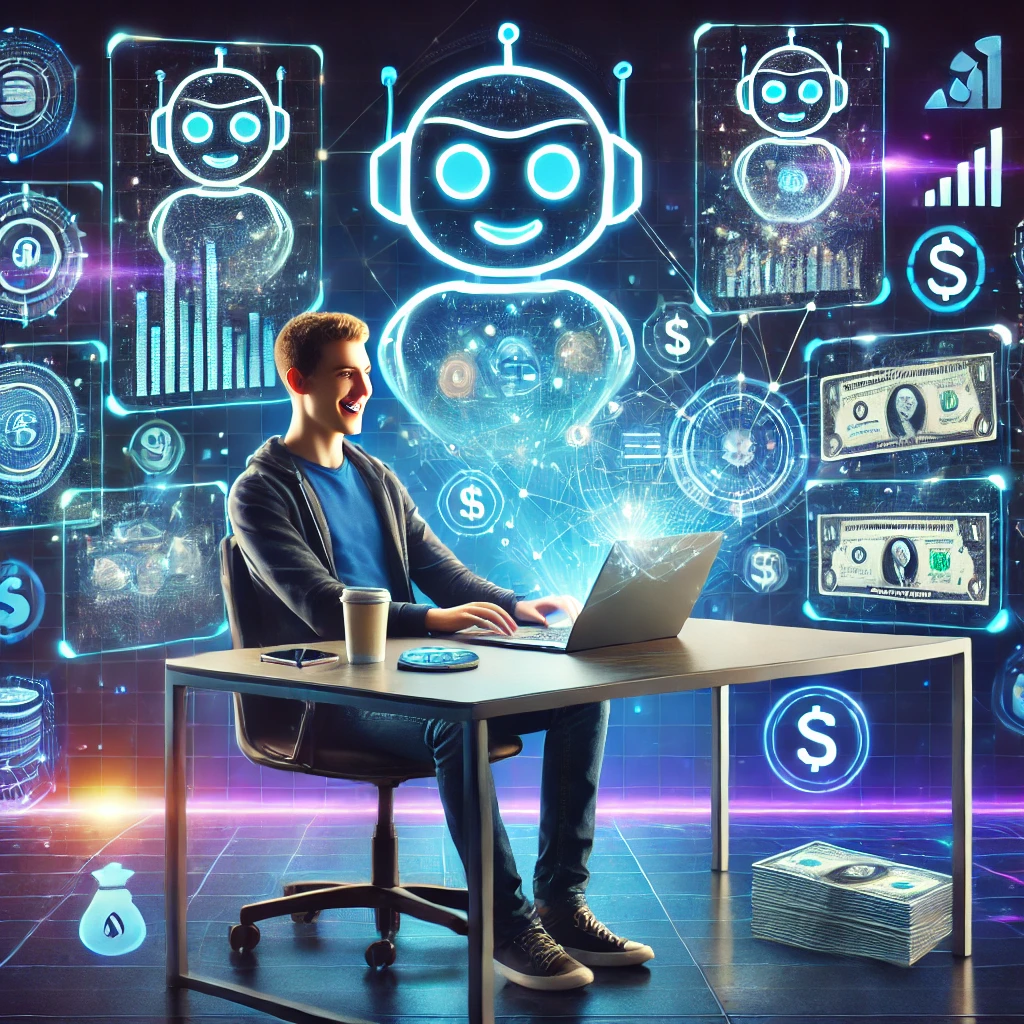AI at Work: Copilots & Autonomous Agents
The Story of Two Colleagues – One Human, One AI
Imagine walking into your office on a Monday morning. Coffee in hand, you glance at your desk and notice something unusual. Instead of piles of sticky notes and a cluttered inbox, your tasks are already sorted, emails drafted, and reports analyzed. A colleague has already taken care of the tedious work. But here’s the twist: that colleague is not human. It is an AI copilot quietly working alongside you, boosting your productivity while you focus on what really matters – creativity, strategy, and human connection.
Now fast forward a few years. You no longer just have a copilot assisting you. Entire projects are being run by autonomous agents. They negotiate contracts, manage logistics, and optimize workflows without constant supervision. While you set the vision, these agents execute the mission. This is not science fiction anymore. This is the unfolding story of AI at work.
What Are AI Copilots?
AI copilots are intelligent assistants embedded in your workflow. Think of them as the digital equivalent of a co-worker who is always prepared, always attentive, and never tired. They do not replace your role but enhance it by handling repetitive, data-heavy, or time-consuming tasks.
Some examples include:
- Microsoft Copilot that integrates into Office tools like Word and Excel.
- GitHub Copilot that assists developers by suggesting code.
- Salesforce Einstein Copilot that supports customer service representatives.
These copilots are designed to sit by your side, making sure you can focus on creativity and decision-making while they take care of the operational groundwork.
Read More: How to Monetize AI Agents: A Step-by-Step Guide
What Are Autonomous Agents?
Autonomous agents take the idea one step further. Instead of assisting, they act on their own. These agents can make decisions, execute tasks, and adapt to changes in real-time without constant human input.
For instance:
- An autonomous supply chain agent can detect shortages and reroute shipments automatically.
- An autonomous financial agent can adjust investment portfolios based on live market data.
- A customer service agent can resolve tickets end-to-end without escalation.
While copilots are like trusted assistants, autonomous agents are more like employees who can operate independently, requiring only high-level supervision.
Why AI Copilots and Autonomous Agents Matter at Work
The modern workplace is flooded with emails, meetings, and data overload. Productivity often suffers, not because employees lack skill but because they are bogged down with tasks that could be automated. AI copilots and autonomous agents are changing this equation by:
- Boosting Efficiency: Routine work is automated, freeing employees to focus on strategy.
- Enhancing Decision Making: Real-time insights and predictive analytics help leaders act faster.
- Personalizing Workflows: AI adapts to how you work, not the other way around.
- Scaling Operations: Autonomous agents can manage large-scale tasks across time zones.
The result is a workplace where humans and machines collaborate rather than compete.
Real World Examples of AI at Work
- Healthcare: AI copilots assist doctors with medical documentation, while autonomous agents monitor patient data for anomalies.
- Finance: Analysts rely on copilots for report generation, while autonomous agents handle fraud detection in real time.
- Software Development: Copilots suggest and debug code, while autonomous agents manage cloud infrastructure.
- Customer Service: Copilots provide script suggestions to representatives, while autonomous bots resolve simple customer queries instantly.
Read More: The Digital Music Revolution – From Vinyl to Spotify
FAQs about AI at Work
1. Will AI copilots replace my job?
No. Copilots are designed to enhance your work, not replace you. They handle repetitive tasks so you can focus on creativity, leadership, and problem-solving.
2. Are autonomous agents safe to trust?
Yes, but they require guardrails. Most companies implement monitoring systems to ensure autonomous agents act within ethical and legal boundaries.
3. Can small businesses benefit from AI copilots?
Absolutely. Many copilots are available as affordable cloud services, making them accessible to startups and small enterprises.
4. How do AI copilots learn my workflow?
They use machine learning to observe your patterns and adapt over time. The more you use them, the smarter they become.
5. What industries will benefit the most?
While every industry can benefit, healthcare, finance, logistics, education, and customer support are leading the way.
Conclusion: The Future of Work Is Human Plus AI
The rise of AI copilots and autonomous agents is not about replacing human intelligence. It is about amplifying it. In the same way that calculators freed us from arithmetic and allowed us to focus on higher mathematics, AI is freeing us from mundane tasks so we can focus on innovation and strategy.
The office of the future will not be human versus AI but human plus AI. Those who embrace copilots and autonomous agents will find themselves ahead of the curve, operating in a workplace where creativity and productivity coexist like never before.





Pingback: Turning Your Words into Gold with Designrr.io Magic - Latest AI/Tech Info